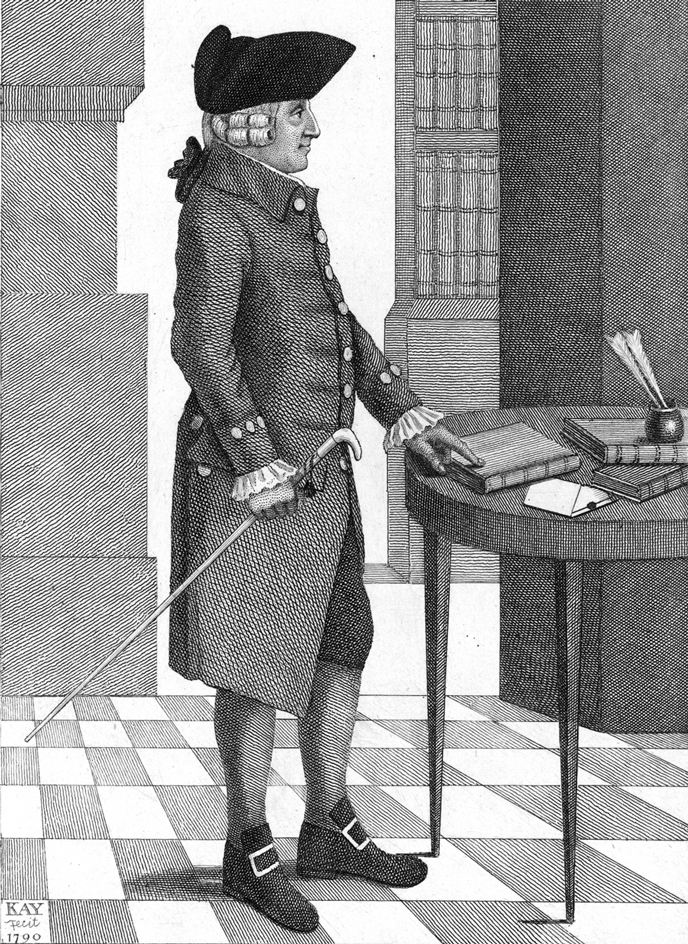Laissez faire, << `lehs` ay FAIR, >> is a theory of economic policy which states that government generally should not interfere with decisions made in an open, competitive market. These decisions include setting prices and wages and making other choices that affect the sale of goods and services. According to laissez faire, workers are most productive and a nation’s economy functions most efficiently when people can pursue their private economic interest in relative freedom.
Laissez faire is a French phrase meaning allow to do. It was first made popular by a group of French writers called physiocrats between the 1750’s and 1780’s. At that time, the governments of many European countries practiced a set of policies known as mercantilism. Mercantilism involved strict regulation of agriculture, industry, and trade. Its chief goal was to ensure that exports exceeded imports. The physiocrats insisted that such restrictions actually hindered the growth of trade.
A group of thinkers called the British classical school, led by the Scottish economist Adam Smith, gave the laissez-faire principle its fullest explanation and defense between the 1770’s and the 1840’s. Their support came at a time when laissez faire suited the needs of a rapidly developing industrial economy. The classical economists started from the assumption that individuals are motivated by self-interest. They maintained that people serve their own interests best when they provide the goods and services most wanted by others. Individuals who are free to operate in an open, competitive market automatically promote prosperity for all. Thus, the government should have little to do with the economy.

The theory of laissez faire greatly influenced economic thought and action during the early and mid-1800’s. Later, however, critics charged that laissez faire failed to solve many economic and social problems that had arisen. Gradually, the governments of industrialized nations started to regulate economic activities more closely. They also began to pass laws aimed at relieving such social problems as poverty and unemployment.
Some modern economists call for a return to laissez-faire policies. From the mid-1900’s to the early 2000’s, the American economist Milton Friedman ranked as one of the leading supporters of such policies.
